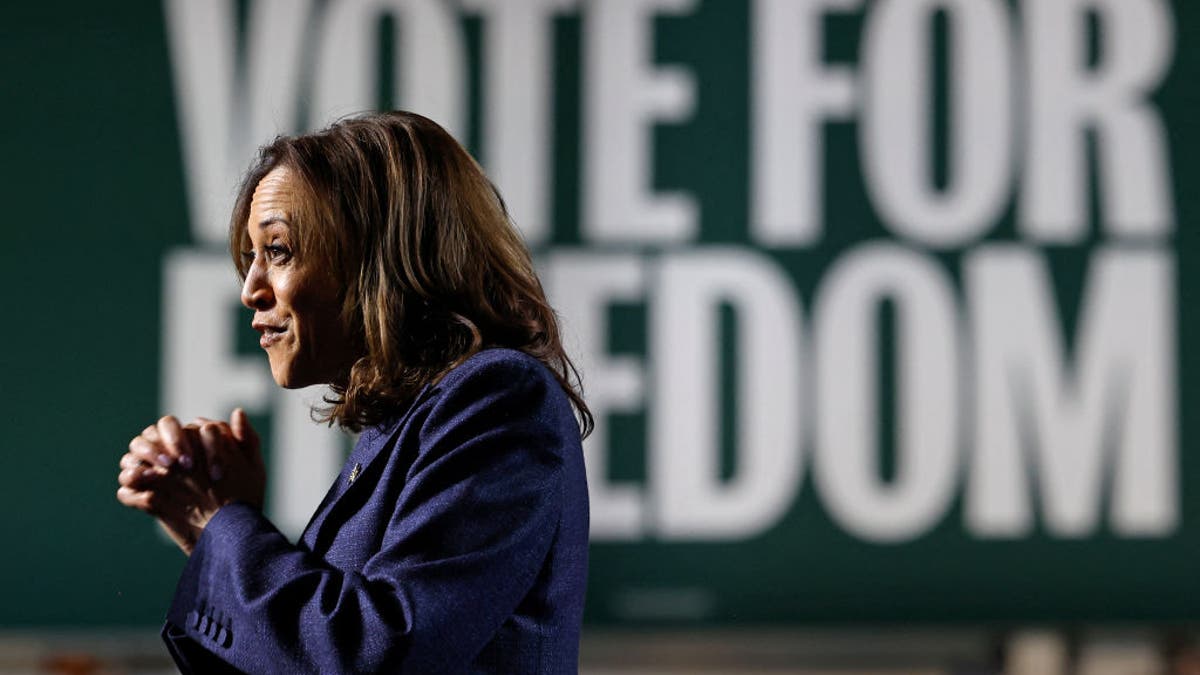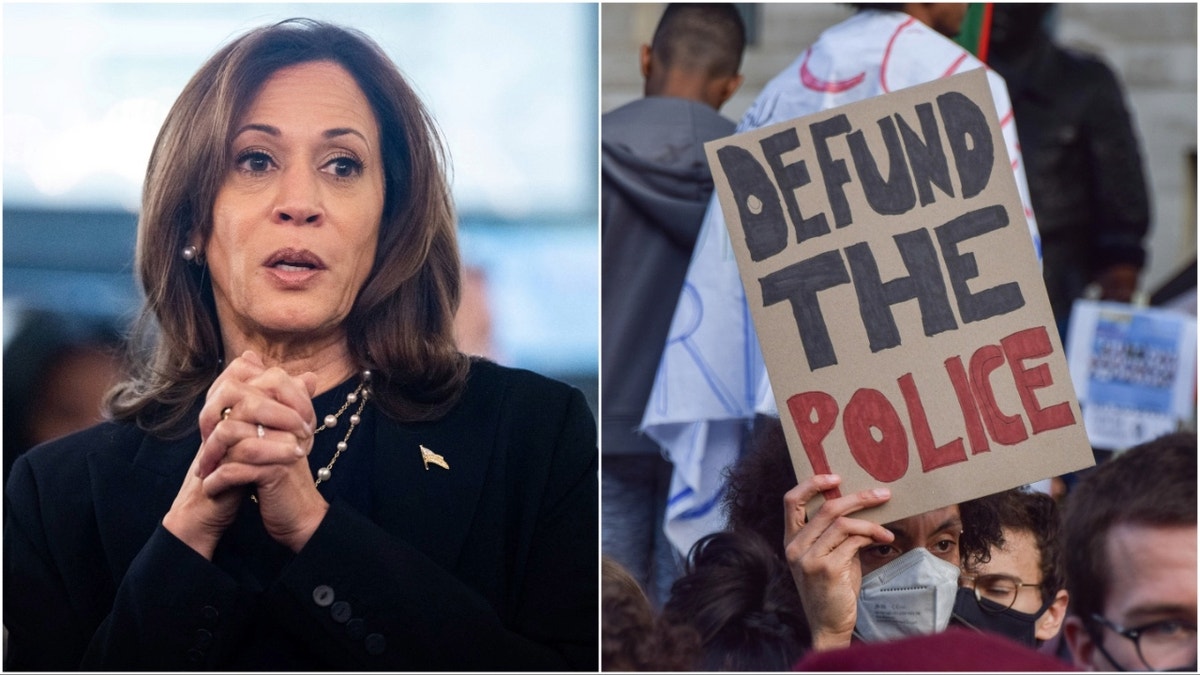Elon Musk's mom: There should be more women presidents, but they must be able to put a sentence together
Maye Musk discusses the lawsuits launched against her son, Elon Musk, and women supporting Trump on 'The Story.'
A New York Times report acknowledged that identity politics no longer has a "grip on the country" after it peaked in the aftermath of the death of George Floyd in 2020.
This election, many Democrats and progressive U.S. institutions have backed away from some of the identity politics rhetoric and far-left policies they embraced in the last election because of backlash to these ideologies, leaving the country a "starkly different place from four years ago," reporter Jeremy Peters wrote in his new analysis published Saturday.
The report highlighted how Democratic candidates who've pushed progressive policies have "fared poorly in many high-profile races, even in deep blue bastions" like Seattle and Portland.
Vice President Kamala Harris has also backed away from many of the progressive policies she supported during her 2019 campaign, such as defunding the police and decriminalizing border crossings. She is now campaigning with Republican former Congresswoman Liz Cheney and "boasting about protecting her home with a Glock" this time around, the Times reported.

Vice President Kamala Harris speaks during a campaign rally at Michigan State Universitys Jenison Field House in East Lansing, Michigan, on Nov. 3, 2024. (Jeff Kowalsky/AFP via Getty Images)
"What seems to have shifted, according to scholars and political strategists who have closely watched how public views have evolved, is that people are now acknowledging that certain identity-focused progressive solutions to injustice were never broadly popular," the report said.
Yascha Mounk, a political scientist at Johns Hopkins University, predicted that the progressive left's "dominance" had come to an end.
"The brief era of their unquestioned dominance is now coming to an end,' Mounk said. The scholar added that while "some of their worst excesses are being rolled back," identity politics is still gaining influence "in many contexts."
Former Bill Clinton adviser Rahm Emanuel said Democrats have been trying to "outrun" the backlash from policies Democrats supported four years ago.
CLICK HERE FOR MORE COVERAGE OF MEDIA AND CULTURE

The Harris campaign gave hundreds of thousands of dollars to a handful of Black advocacy groups that are mobilizing Black voters, according to FEC filings. Some of these groups support defunding the police.
"The whole party is being shadowed by what happened in 2020, and now it’s trying to outrun that shadow," Emanuel, the U.S. Ambassador to Japan, told the Times. He referenced how abolishing the police was unpopular in 2020, with Gallup polling finding that just 15% of Americans at large and 22% of Black Americans supported the idea when asked at the time.
The report also highlighted how a growing number of U.S. companies have scaled back or abandoned their diversity, equity and inclusion "DEI" policies amid "anti-woke" backlash.
Harley-Davidson, Jack Daniel's, John Deere, Tractor Supply, and Lowe's are just a few of the companies who've announced they've dialed back their DEI initiatives and policies this year.

Harley-Davidson is one of several U.S. companies that has slammed the brakes on its DEI policies this year.










































